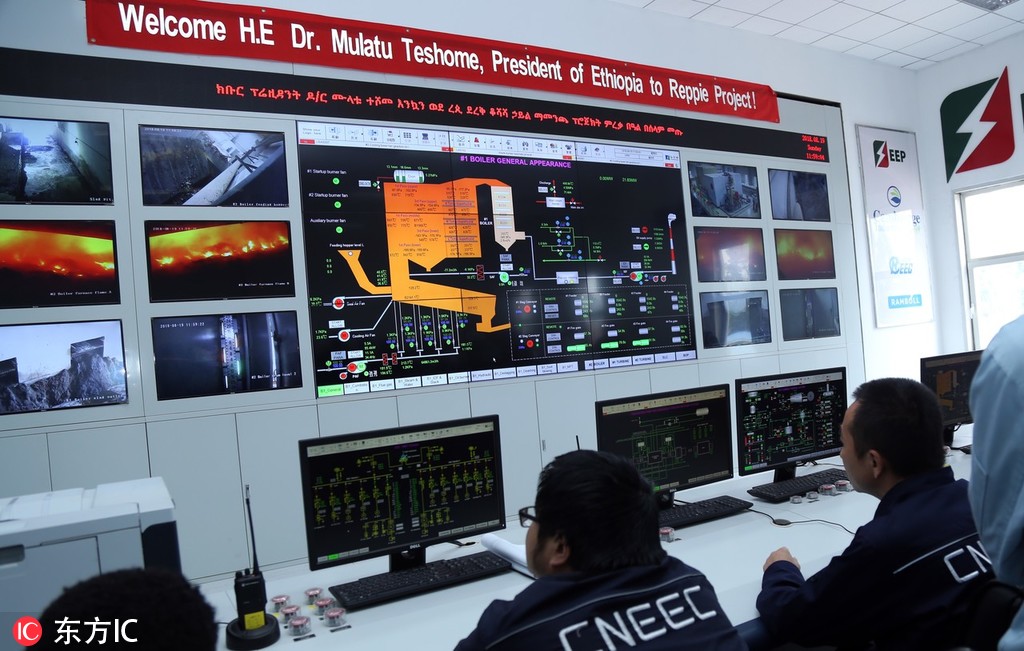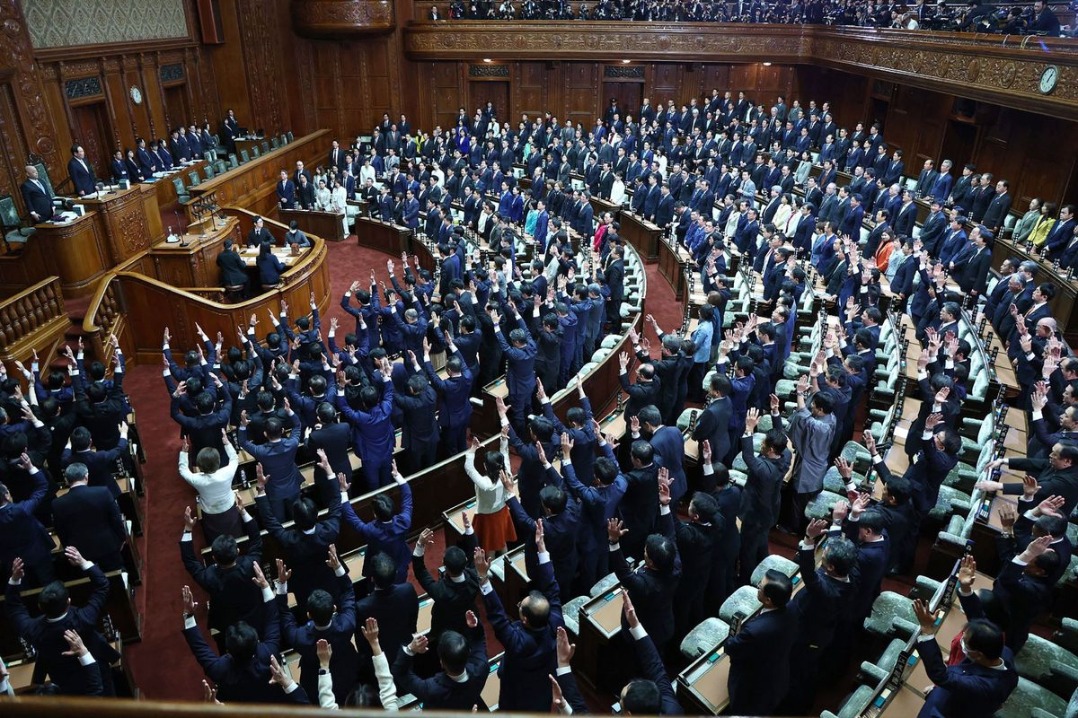Cooperation on clean energy fuels future of China-Africa ties


Strategy alignment
In order to build a China-Africa community with a shared future, China and African countries have been implementing consensus made at the Johannesburg and Beijing summits of the Forum on China-Africa Cooperation (FOCAC) held in 2015 and 2018 to align their respective development strategies
Costantinos, also a professor of public policy with the Addis Ababa University in Ethiopia, said that clean energy development is a priority for Ethiopia and fellow African countries as they envisage sustainable industrialization and development.
To help improve infrastructure and address power shortage in Africa, China has provided aid for the construction of more than 10,000 km of highways, more than 6,000 km of railways, and hundreds of airports, ports and power stations.
In Uganda, engineers are busy testing the Isimba Hydropower Plant before the official commissioning slated for late January.
The 183 MW power plant constructed by Chinese companies on Rive Nile, together with Karuma Hydropower Plant still under construction, will address the country's power shortage, which economic experts said was stalling economic development.
In North Africa, such cooperation has led to the creation of Morocco's Noor Solar Complex, the world's largest concentrated solar power project. After completion of all four phase of projects, the Noor station will provide clean energy for more than 1 million households and even export surplus electricity to Europe.
Chinese Ambassador to Ethiopia Tan Jian told Xinhua that "energy is needed for poverty alleviation and for economic development, as Ethiopia embarks on a massive industrialization drive with the assistance of China."
China has been encouraging its companies to invest in Ethiopia's energy sector in particular and Africa in general, with due emphasis given to the wind and hydro energy sub-sectors and assistance in improving electricity grids, Tan said.
At the FOCAC Beijing summit, China promised to jointly promote the Belt and Road Initiative with international partners, hoping to create new drivers to power common development and bring together different civilizations.
Proposed by China in 2013, the Belt and Road Initiative aims to build a trade and infrastructure network connecting Asia with Europe, Africa and beyond along the ancient trade routes of the Silk Road.
Earlier this month, Chinese State Councilor and Foreign Minister Wang Yi paid a visit to Africa, carrying on a 29-year tradition of making Africa the destination of a top Chinese diplomat's first new year overseas trip.
During his trip, Wang said China will support Africa in achieving economic autonomy and sustainable development.
China is dedicated to helping Africa in its development and bringing benefits to the African people, he added.
"Energy is a mainstay of economic development," Costantinos said.
"African countries should invest more and find more partners on the energy sector, in which the development of renewable energy is far more sustainable while at the same time affordable given the abundant resources found on the continent," said the scholar.
































